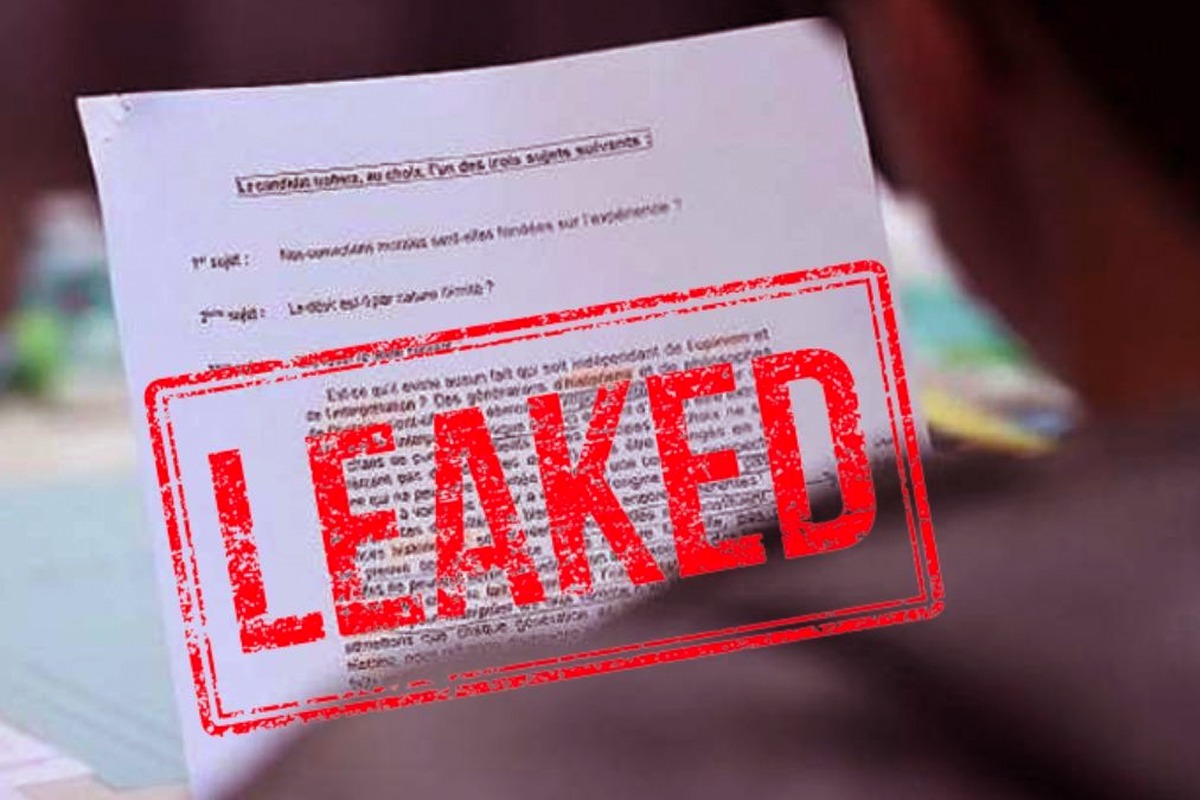

Crucially, the Public Examination (Prevention of Unfair Means) Bill, 2024’s proactive stance aligns with the broader national imperative of fostering a culture of meritocracy and excellence in education.

The introduction of the Public Examination (Prevention of Unfair Means) Bill, 2024 marks a significant milestone in the government’s efforts to combat the pervasive issue of exam malpractices plaguing the country. This bold and unprecedented move, spearheaded by the Union Minister of State for Personnel, Public Grievances and Pensions, Dr Jitendra Singh, underscores the government’s commitment to upholding the integrity and credibility of public examinations across various domains.
Exam malpractices have long been a scourge on the educational landscape of India, undermining the aspirations and opportunities of countless deserving candidates while eroding public trust in the merit-based selection process. The bill’s stringent penalties for offenders, including imprisonment and hefty fines, clearly show that such unethical behaviour will not be tolerated. By targeting individuals and service provider firms involved in irregularities, the bill aims to dismantle the organized syndicates that perpetuate exam fraud.
Furthermore, the bill’s emphasis on preventive measures demonstrates a comprehensive approach to tackling the root causes of exam malpractices. The establishment of a National Technical Committee on Public Examinations, tasked with developing robust IT security protocols for online exams, showcases a commitment to leveraging technology to safeguard the integrity of examinations. This collaborative effort involving various stakeholders underscores the government’s recognition of the multifaceted nature of the problem and the need for a coordinated response.
Crucially, the bill’s proactive stance aligns with the broader national imperative of fostering a culture of meritocracy and excellence in education. In a country where millions of aspirants vie for limited opportunities, the fair conduct of examinations is not just a matter of academic integrity but also a question of social justice and national progress. By safeguarding the sanctity of examinations, the government is laying the foundation for a more equitable and transparent educational system that rewards talent and diligence.
As the bill makes its way through the legislative process, all stakeholders must rally behind this crucial initiative. Civil society organizations, educational institutions, and the public must support the government’s efforts to root out exam malpractices and uphold the principles of fairness and accountability in our examination system. Together, we can ensure that every aspiring student has a level playing field to realize their full potential and contribute to the nation’s growth and development.